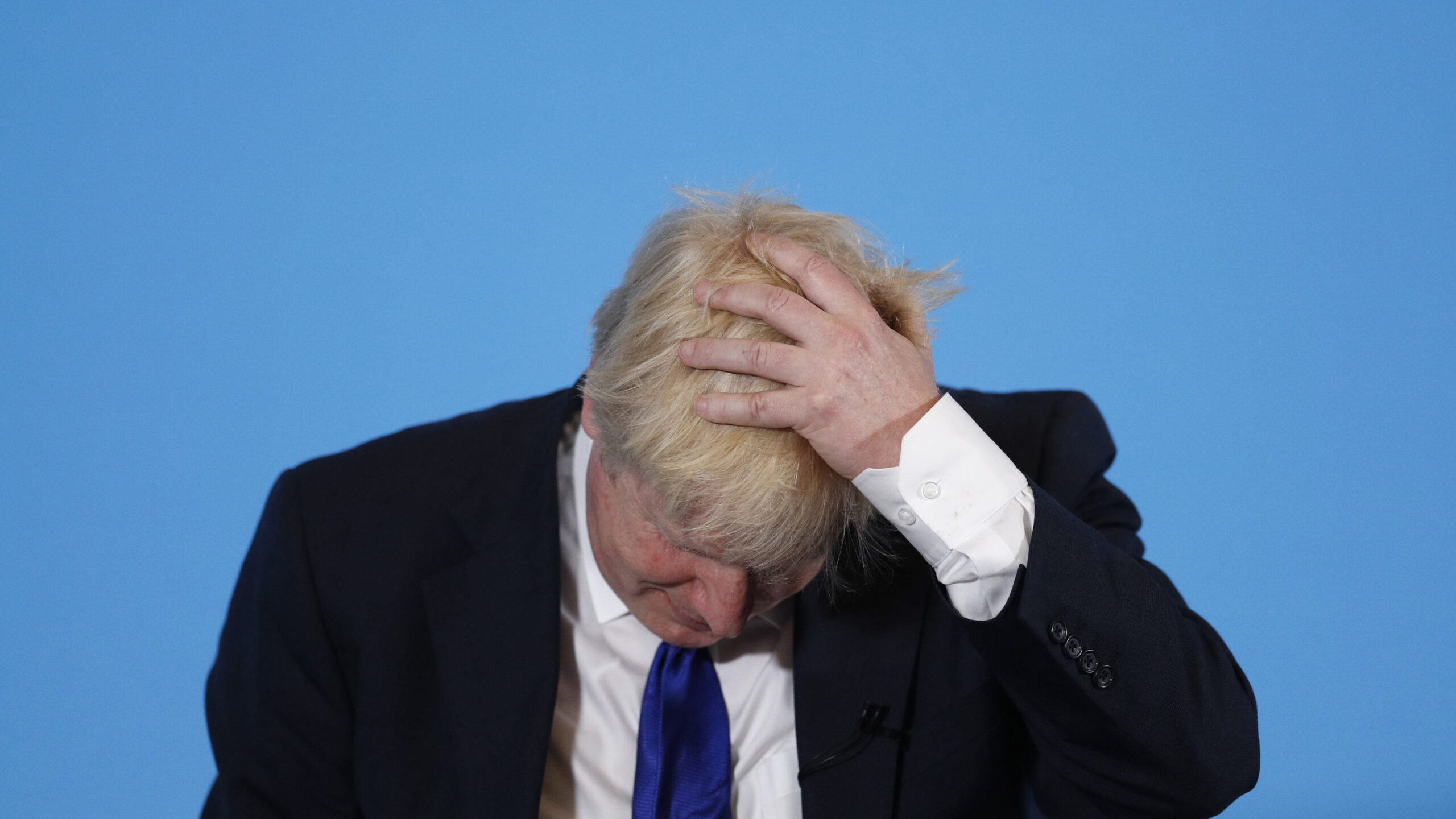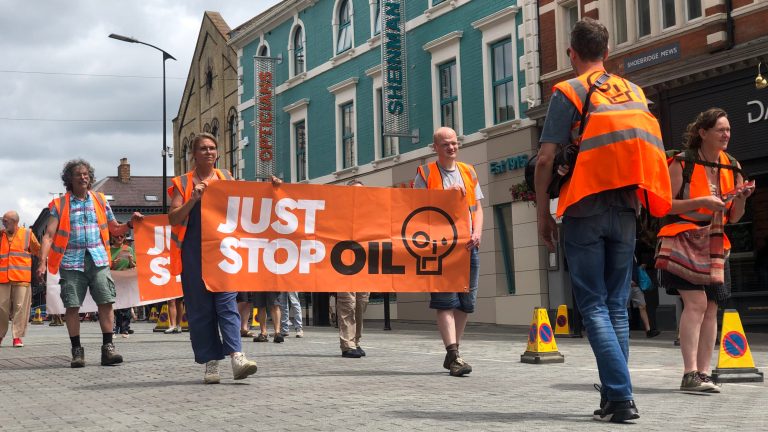Of course that is not everyone’s view of capitalism, and there is to oppose vitality capitalism what you might call “scruffy capitalism”. Whereas vitality capitalism seems an apt description to a rightward-thinking mind, to a left-leaning mind scruffy capitalism seems more like the reality of capital’s presence in the world.
Scruffy capitalism is an enricher of some here and there, but it’s rough and ready and leaves other areas and peoples unprovided for. Scruffy capitalism is therefore uneven and unreliable.
The scruffy and the vitality versions really do divide us in our thinking. Although in the middle there are always providers and campaigners and investors who are striving to create “conscious capitalism”. Which is neither of the other two kinds of capitalism. It is not scruffy, in that it is all-inclusive in its hopes and aspirations. Although it is still a work in progress, conscious capitalism recruits more and more supporters to its cause. You might actually call it “social capitalism”, the kind that I find myself talking about to the many.
A kind of capitalism that does not agree that unevenness of delivery is acceptable. It consciously promotes the capital of people’s ambitions and experiences and hopes and chances. So it isn’t a throwaway, sell-it-cheap and stack-it-high throwaway capitalism.
Certainly Big Issue Invest, which we have been running for about 12 years and which invests in over 400 social businesses throughout the UK, is much nearer in profile and ambition to social capitalism or conscious capitalism.
Scruffy capitalism is critical of capitalism, whilst vitality capitalism sees only itself as praiseworthy and capable of bringing great joy to anyone blessed with involvement in it.
But will we see the end of austerity, and a revitalisation of our local communities and local authority finances? Will there be a flooding of money into the community so that the community can reverse the breakdown which finds its biggest reflections in the number of A&E attendees, and the vast increase of people out on our streets, begging and sleeping?
If we were to ask Boris to do one thing, perhaps it would be to remember that if you live in poverty you don’t live in democracy
The problems of Universal Credit, which seem to throw people out of benefit and into depression and the streets on too many occasions, also needs looking at. And we look, as providers to the poor and supporters of those in need, for this government to do what it says it will do; and end the ignominy of people destitute and depressed, defeated and broken socially.
If we were to ask Boris to do one thing, perhaps it would be to remember that if you live in poverty you don’t live in democracy. You live outside of it, because you have no choices and you have little or no hope.
But deeper sores need attending to: as I keep saying, one of the common denominators between homeless people and people in need is that they all did badly at school.
I am always astonished at how we keep shying away from this terrible reality that if you really want to do something about social failure, crime and the high cost of poverty then you have to address the schooling issue. And the pedagogy and the continuous pressure on teachers to turn into social workers and coppers, and not become better and better teachers.
We will observe hopefully that Boris realises there is also a scruffy capitalism harboured in the shadows of vitality capitalism, and that we all ought to be working towards a conscious capitalism which is completely social in its capitalism.
John Bird is the founder and Editor in Chief of The Big Issue











